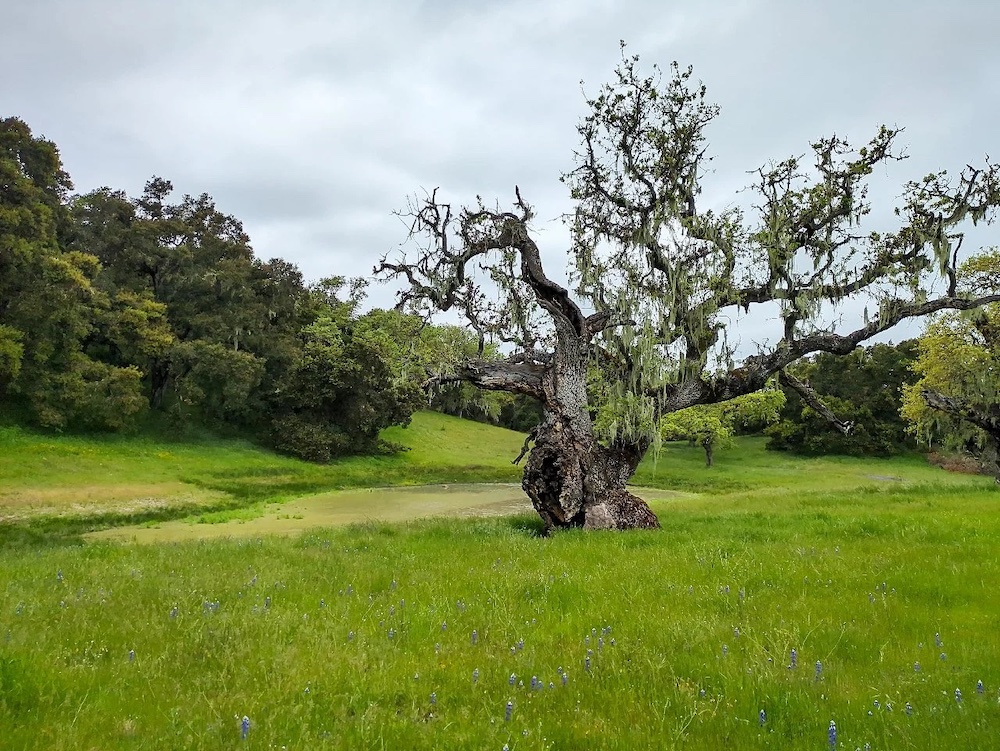
- Details
- By Chez Oxendine
- Real Estate
The nonprofit Esselen Tribe of Monterey County purchased 1,720 acres along Tularcitos Creek in Upper Carmel Valley, Calif. for $8.6 million on July 18, preventing the land’s subdivision into luxury estates.
The tribal land acquisition was fully funded by California state agencies, with the Wildlife Conservation Board providing $6.6 million and the State Coastal Conservancy contributing $2 million for the acquisition. The Wildlands Conservancy held the property since 2023 as an interim owner to facilitate the purchase.
The property includes oak savanna, riparian corridors and Cappanay, one of the largest inland Esselen village sites. The acquisition permanently protects wildlife corridors and habitat for steelhead trout, California red-legged frog and California condor.
Tribal Chairman Tom Little Bear Nason said the return enables traditional land management practices including cultural fire, oak woodland regeneration and youth education programs. The tribe, which operates as a nonprofit and is not federally recognized, will also develop Indigenous food sovereignty projects, according to Nason. “This land is part of who we are. Returning it to Esselen stewardship is an act of healing — for our people, for the land itself and for the broader community,” he said.
The deal builds on the tribe’s partnership with The Wildlands Conservancy to co-manage the adjacent 12,452-acre Rana Creek Preserve. The land acquisition follows California’s largest landback deal in history — the $56 million transfer of 47,097 acres along the Klamath River to the Yurok Tribe completed earlier this year.
In a statement, Wildlife Conservation Board Executive Director Jennifer Norris said the project strengthens habitat connectivity adjacent to existing preserves. State Coastal Conservancy Executive Officer Amy Hutzel called it part of California's equity and climate resilience goals.
State Sen. John Laird said the project demonstrates cooperation between state agencies, conservation partners and tribal nations to protect significant landscapes.
Brian Edwards contributed reporting.
